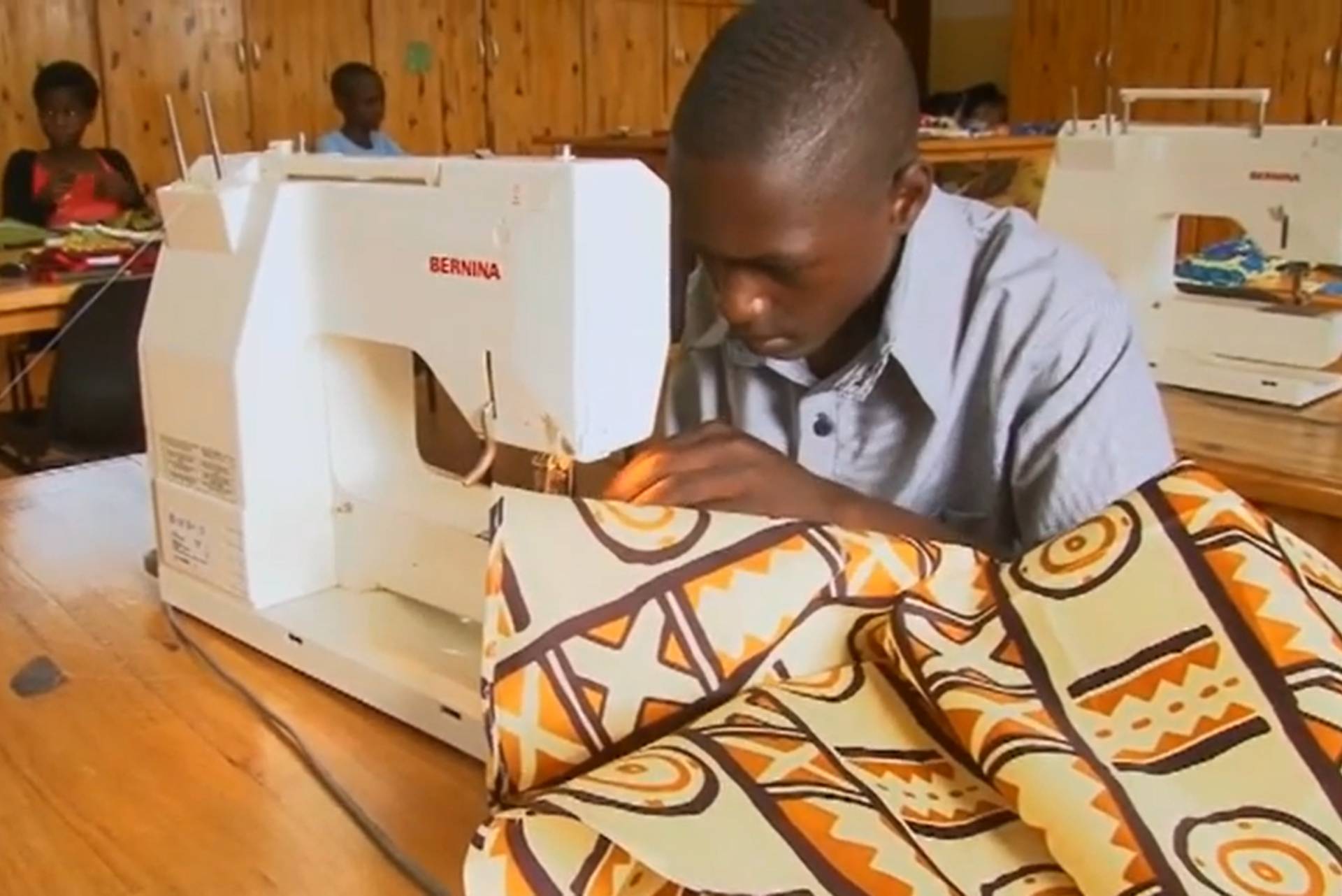

In a world where self-sufficiency and independence are paramount, life skills training plays a crucial role in empowering vulnerable children. At Jabulani Children’s Village, vocational training programs such as sewing and farming are not just about teaching skills; they are about transforming lives. By equipping children with practical abilities, Jabulani fosters independence and paves the way for brighter futures.
The Importance of Life Skills Training
Life skills training encompasses a variety of practical skills that are essential for daily living and future employment. For children at Jabulani, learning these skills is vital for several reasons:
- Empowerment: Acquiring skills like sewing and farming empowers children to take control of their futures. They gain confidence in their abilities, which translates into a greater sense of self-worth.
- Economic Independence: Vocational training provides children with marketable skills that can lead to employment opportunities or entrepreneurship. This economic independence is crucial for breaking the cycle of poverty.
- Community Contribution: As children learn these skills, they also contribute to their community. For example, sewing uniforms for local schools or growing vegetables not only meets local needs but also fosters a sense of belonging and responsibility.
Sewing Skills: Crafting Futures
Sewing is one of the key vocational training programs at Jabulani. This skill offers numerous benefits:
- Marketable Skills: Children learn basic to advanced sewing techniques, from threading a machine to creating garments. These skills can lead to employment in the textile industry or enable them to start their own businesses.
- Creativity and Expression: Sewing allows children to express their creativity. Designing and making their own clothes can boost their self-esteem and encourage innovation.
- Community Support: By producing uniforms for local schools or creating items for sale, children contribute positively to their community while gaining practical experience in running a small business.
Farming Skills: Cultivating Sustainability
Farming is another vital component of life skills training at Jabulani. This program focuses on sustainable agricultural practices that benefit both the children and the community:
- Food Security: Learning how to cultivate crops ensures that children understand the importance of food security. They learn to grow nutritious vegetables that can supplement their diets.
- Economic Opportunities: With farming skills, children can engage in small-scale agriculture, providing them with potential income sources as they sell surplus produce at local markets.
- Environmental Awareness: Through farming education, children develop an understanding of sustainable practices that protect the environment, fostering a sense of stewardship for their land.
Real-Life Impact: Success Stories from Jabulani
The impact of life skills training at Jabulani is evidenced by success stories from its graduates:
- From Learner to Entrepreneur: Many former students have gone on to start their own tailoring businesses, creating jobs within their communities while supporting their families.
- Community Farmers: Graduates of the farming program have established small farms that not only provide food for their families but also contribute to local markets, enhancing community resilience.
Conclusion: A Pathway to Independence
Life skills training at Jabulani Children’s Village is more than just education; it is a pathway to independence and self-sufficiency for vulnerable children. By equipping them with practical abilities in sewing and farming, Jabulani empowers its youth to take charge of their futures while positively impacting their communities.As we continue to support these vital programs, we invite you to join us in this mission. Whether through donations or volunteering your time, your contribution can help ensure that every child at Jabulani has the opportunity to thrive and succeed.

